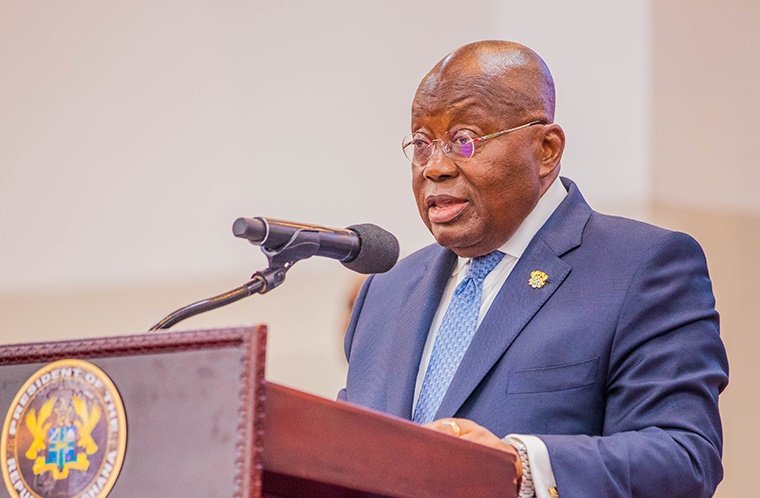The Ghana Catholic Bishops’ Conference is urging the President to consider necessary amendments to the Proper Human Sexual Rights and Family Values Bill, commonly referred to as the Anti-LGBTQ Bill, before giving it his final approval.
On Wednesday, February 28, Parliament passed the anti-LGBTQ bill, stipulating a jail term of 6 months to 3 years for individuals engaged in such acts, with promoters and sponsors facing a 3 to 5-year imprisonment.
In an interview with Citi News, Reverend Matthew Kwasi Gyamfi, President of the Catholic Bishops’ Conference, emphasized the importance of focusing on reforms aimed at reintegrating individuals into society.
“The president is the father of the nation, and we believe he will do what is in the best interest of the country. I cannot imagine the president not seeing the good in this law. He may make certain corrections on reformation and reintegration of victims, but I don’t think the president will say he will not assent to it when he knows an overwhelming majority is in support of this law.”
Imprisoning gays won’t eradicate homosexual activities
The President of the Ghana Catholic Bishops’ Conference also emphasized that incarcerating individuals based on their sexual orientation will not eradicate homosexuality.
Instead, he expressed concern that such measures could potentially exacerbate such activities.
He emphasised the need for more reformative and corrective sanctions.
“We think that in the case of this particular law and the way it is being implemented, being placed in prison as the punishment that they have chosen, it is not going to solve the problem. Because you see if you round up same-sex people and you know our prisons, they are going to end up in the same room and what is going to prevent them from going through these activities in the prison?”
“And you are not going to put them there forever because they are going to be there for three months to six months. And then they practice this and come out as more experts at it than when you sent them there. Then you release them back into society. So, what is going to happen?”


